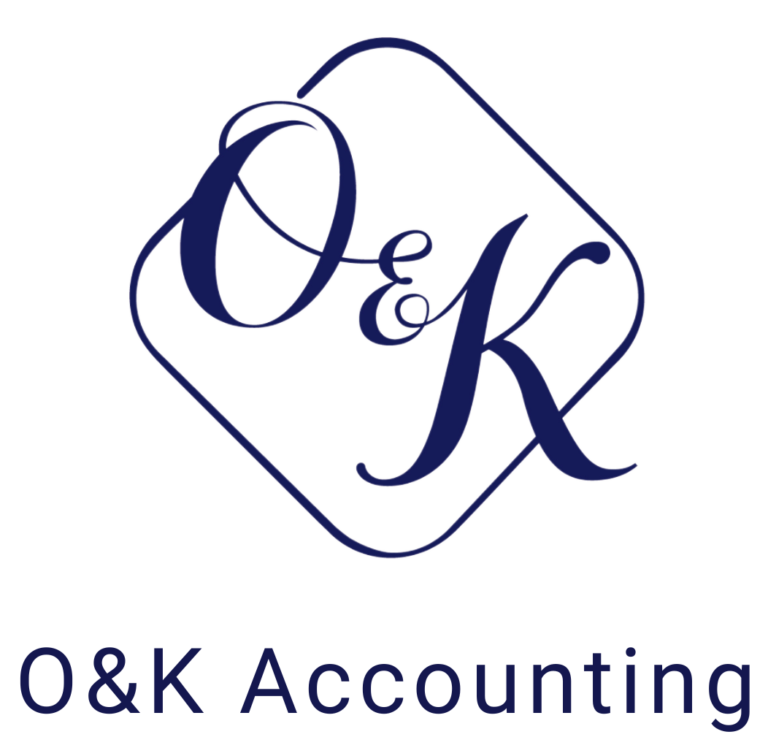Running an S Corporation offers significant tax advantages, but it also comes with strict compliance responsibilities. While most S Corporations operate without issue, certain patterns and errors can trigger an IRS audit. Understanding what the IRS looks for and how to prepare can help business owners avoid costly scrutiny and maintain peace of mind. This article outlines common audit triggers and offers practical steps to stay compliant.

Why the IRS Audits S Corporations
An audit is the IRS’s way of verifying that a business is accurately reporting income, expenses, and tax obligations. S Corporations are pass-through entities, meaning profits and losses flow directly to shareholders. Because of this structure, the IRS pays close attention to how income is allocated, how salaries are paid, and whether deductions are legitimate.
Audits can be random, but they’re often triggered by red flags in tax filings. For S Corporations, these red flags typically relate to compensation, deductions, shareholder activity, and inconsistencies in reporting.
Common Audit Triggers for S Corporations
1. Unreasonably Low Shareholder Salaries
One of the most frequent audit triggers is when shareholder-employees receive little or no salary. The IRS requires that shareholders who actively work in the business be paid a “reasonable” wage. If most income is taken as distributions to avoid payroll taxes, the IRS may investigate.
To avoid this, ensure that salaries align with industry standards and job responsibilities. Document how compensation is determined and use a formal payroll system to issue W-2s.
2. Large or Unusual Deductions
Excessive deductions—especially for travel, meals, home office expenses, or vehicle use—can raise red flags. The IRS may question whether these expenses are truly business-related or improperly claimed.
Maintain detailed records, receipts, and justification for each deduction. If an expense is partially personal, only the business portion should be claimed.
3. Inconsistent Income Reporting
Discrepancies between Form 1120-S (the S Corporation’s tax return) and shareholders’ personal returns can trigger audits. For example, if Schedule K-1 shows income that isn’t reported on a shareholder’s Form 1040, the IRS may investigate.
Ensure that all shareholders receive accurate K-1s and understand their reporting obligations. Coordinate with a tax advisor to reconcile corporate and personal filings.
4. Missing or Late Filings
Failing to file required forms—such as Form 2553 (S Corporation election), Form 941 (payroll taxes), or annual state reports—can attract IRS attention. Late filings or missing documentation suggest poor recordkeeping and increase audit risk.
Create a compliance calendar to track deadlines and ensure timely submissions. Use accounting software or professional services to stay organized.
5. High Distributions Relative to Salary
If distributions significantly exceed salary, the IRS may suspect an attempt to avoid employment taxes. While distributions are allowed, they must follow reasonable compensation.
Balance salary and distributions carefully. Consult with a CPA to determine an appropriate ratio based on business performance and IRS guidelines.
How to Prepare for an Audit
Preparation starts with proactive compliance. Keep thorough records of all financial transactions, including income, expenses, payroll, and shareholder activity. Store documentation securely and ensure it’s accessible if needed.
Conduct internal reviews annually to verify accuracy. Reconcile bank statements, review expense classifications, and confirm that all filings match supporting documents. If errors are found, correct them promptly and document the changes.
Work with a qualified tax professional who understands S Corporation rules. They can help you navigate complex regulations, prepare for potential audits, and respond effectively if one occurs.
Conclusion
An IRS audit can be stressful, but it’s often avoidable with proper planning and attention to detail. For S Corporation owners, the key is understanding what triggers audits—such as low salaries, excessive deductions, and inconsistent reporting—and taking steps to prevent them. By maintaining accurate records, filing on time, and following IRS guidelines, you can protect your business and stay focused on growth.




